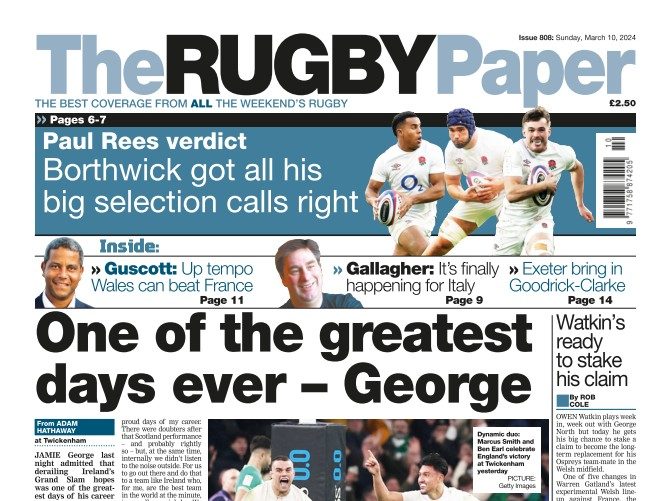Rugby is one of the most popular sports in Australia, which ranks fourth in the world for the highest number of registered players. Australia has over 230,000 registered rugby players. Many of the school-age children enrolling in the local rugby club dream of turning their passion into a profession, but what does it take to become a professional?
Unfortunately, a lot of dedicated rugby players discover that their dreams of turning pro are marred by having some stupid offences on their criminal record. Is it impossible to become a professional rugby player if you have a criminal record? No, but you'll have to be brilliant and train harder than your mates.
How do you become a professional rugby player?
The hardest part of becoming a professional rugby player in Australia or anywhere in the world for that matter is getting noticed.
If you're passionate about rugby you'll need to take part in as many competitions as possible, starting with those at school level. You can sign up with the local rugby club and compete in amateur tournaments. You can bet that professional scouts often attend such competitions, precisely to discover budding talents.
You can also sign up for online platforms for young athletes looking to turn pro. Such platforms usually post your CV, mentioning the best performances of your sporting career and often post videos from some of your games.
Once you get the attention of a talent scout you might be invited to an interview and ask to demonstrate your prowess in a test match.
Before being signed up, you might also be required to take various physical tests and, often enough, to undergo a national police check from online services like australiannationalcharactercheck.com.au (ANCC) that make it easy for people to get such checks quicker and more conveniently.
Why do rugby clubs ask for criminal background checks?
When they sign up a new player, the club makes an investment in that player. As a member of their team, you'll have access to training, regular physical checkups, physical therapy, etc. Taking care of the players costs a lot of money and the club expects some profits at some point. They cannot afford bad investments.
After checking out their skills and their physical fitness, many clubs will want to have a look at the player's personality.
A young athlete with an alcohol or drug problem will be considered a risky investment as their performance will be affected by their substance abuse.
When it comes to a player with a criminal record, that might also be a very risky investment. The final judgment will depend heavily on the nature of the offence on the athlete's record.
For instance, a 19-year old athlete who was found guilty of vandalism for painting graffiti on his school's wall when he was 15 will have that offence on his criminal record. Does such an offence make him a dangerous criminal? Certainly not. Such an act can be written off as a childish mistake.
However, a 19-year old with a criminal record for violent behaviour, sexual harassment, rape, drug trafficking or theft, now that's a dangerous person, who cannot be trusted.
In most cases, when an athlete is required to submit to a criminal history check certificate, they will be given the occasion to explain themselves. If they can show that it was a one time mistake, they might be signed up, but they will be under more intense scrutiny than the rest of the players.

























